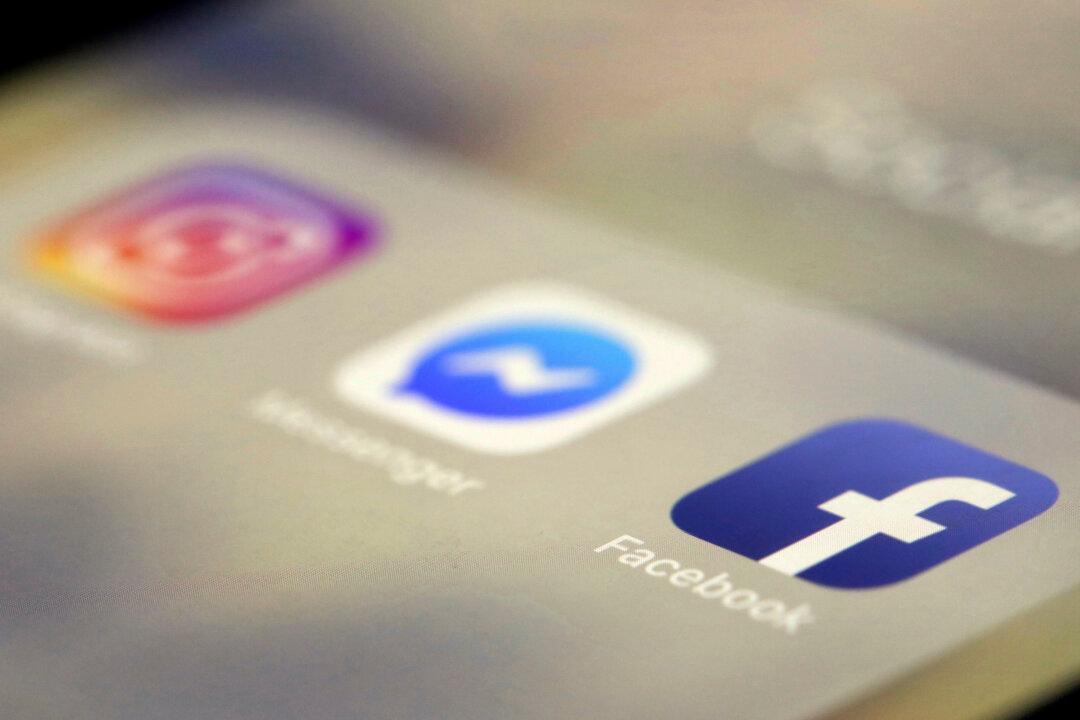Facebook’s parent company, Meta, has denied allegations that it allowed Netflix to access users’ private messages, following reports that the streaming service paid the Mark Zuckerberg-led company $100 million for the privilege.
The reports began emerging this week following the unsealing of court documents as part of a major lawsuit filed by two U.S. citizens— Maximilian Klein and Sarah Grabert—against Meta last year accusing the social media giant of anti-competitive behavior.




